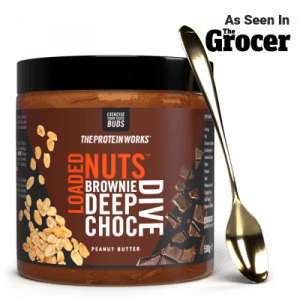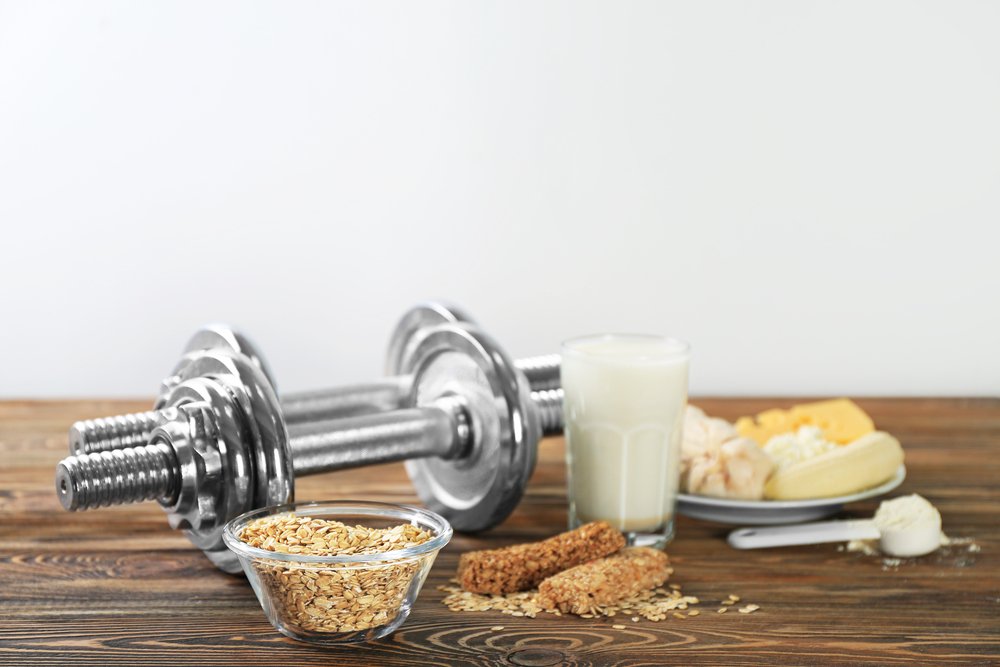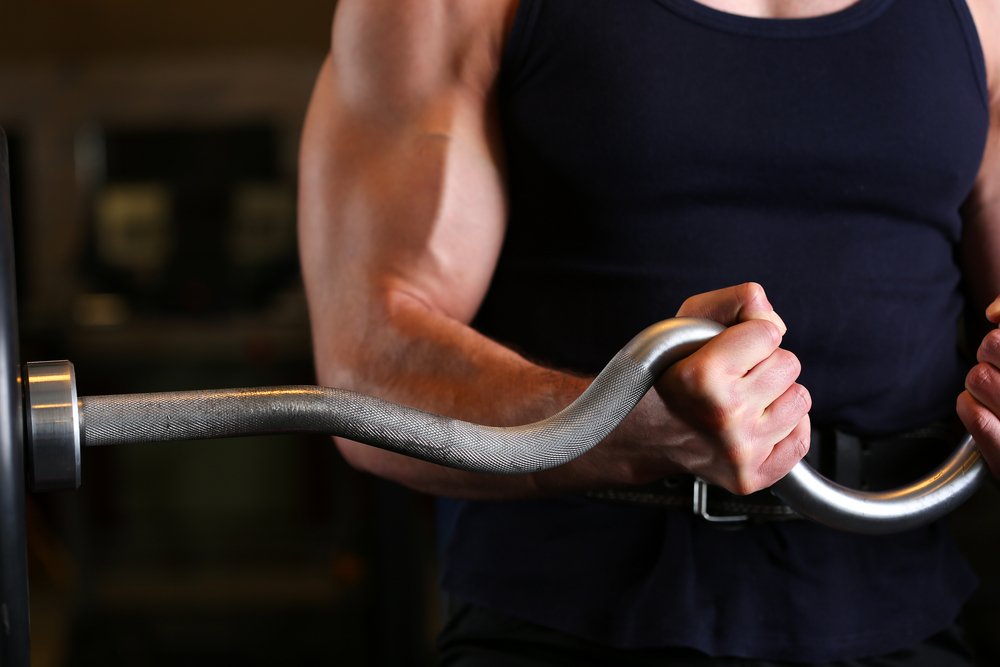It’s been said that with our new lockdown living being extended to include ‘unlimited’ exercise people have never been more active than they are now.
Couple this with the rise of workout information circulating the internet and it’s not always easy to know what you should and shouldn’t believe.
For young adults looking to get fit, or indeed parents looking to move their teen’s interests from PlayStation to press-ups, you might have come across this idea that working out can stunt growth.
To help put your mind at ease, this article will look at the truth about working out and growth as well as providing some simple tips on how to eat and workout better.
Let’s jump in.
Ok, I’m going to go ahead and dispel this one upfront and tell you now that weightlifting as a teen or young adult does not stunt growth. In fact, well-supervised weightlifting provides numerous benefits:
- Increased strength and bone density [1]
- Reduced risk of injury
- Improve confidence and self-esteem [2]
So, where does this myth come from?
To understand this, you need to realise that from the moment you’re born up until your late teens or early 20s your skeleton is growing.
Part of this process involves the formation of growth plates which are a thin layer at the end of your long limb bones that slowly turns to bone during this period of growth. [3]
It was thought that because these growth plates are particularly prone to injury [4] that any injury may stunt growth as a result. However, the truth is whilst in some severe cases it can, your real-world chances of stunted or abnormal growth due to weightlifting are very low.
In fact, in a meta-analysis [5] of 60 years’ worth of studies that looked at body and girls from 6 to 18 years of age, researchers found that children and teens, almost exclusively, benefited from weightlifting.
The only caveat was that there must be effective supervision and guidance in place. With this in mind let’s look at some of the best training and nutrition tips.
- Training Tip #1: Good Technique: Taking the time to learn how to lift weights with the guidance of an experienced coach is invaluable. This is because lifting weights that are too heavy with bad technique increases your risk of injury and reduces the benefits of regular strength training.
- Training Tip #2: Recovery: The time you spend away from the gym is just as important, if not more so than the workouts you do. This means you need to give yourself adequate time to rest between workout days, prioritise sleep quality and quantity and focus on good nutrition.
Speaking of nutrition, the World Health Organisation list poor nutrition as one of the causes of stunted growth. To this end, let’s take a look at your diet considerations when training.
- Nutrition Tip #1: Calorie Needs: This means understanding how many calories you need each day to fuel your activity based on your goal. For example, if you want to lose weight you need to maintain a moderate calorie deficit and if you want to gain weight you need to maintain a small calorie surplus.
- Nutrition Tip #2: Protein: Protein plays an important role in your body’s ability to maintain or build muscle which means you need to make sure you’re getting enough each day. For most people, this will be between 07.g – 1.1g per pound of body weight.
The important thing to take away from this article is that if weightlifting is done under the guidance of an experienced coach with a willing participant it does not stunt growth and instead provides numerous benefits.
So, if you’ve wanted to start working out or were worried about encouraging your kids to do some strength-based exercise then take this as your green light to go get after your goals.










No Comments yet!